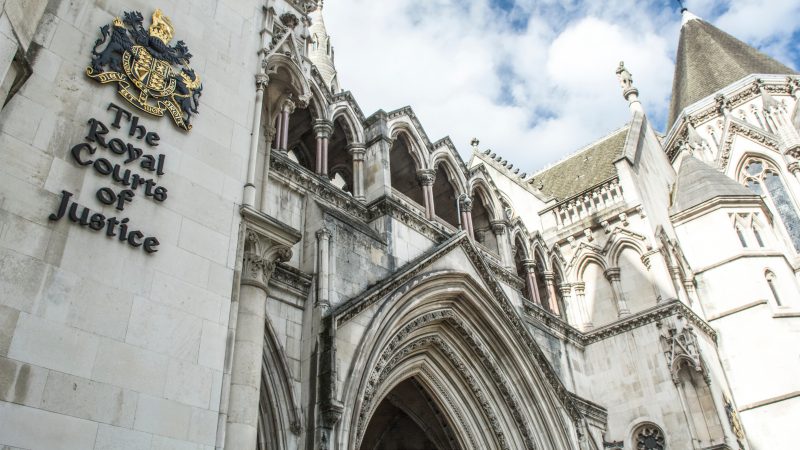
If, whilst flicking through news from around the world, it was reported that a government abroad had unlawfully closed parliament, sat on a report into Russian interference with its elections for a year, appointed their biggest donors to the legislature and attempted to ensure their favoured candidate was elected to the independent National Security Committee, the story would be about worrying trends of constitutional impropriety. But these are not tales from Donald Trump’s America or Viktor Orbán’s Hungary. These are measures of a Boris Johnson government that has little respect for the value of accountability, the rule of law and convention. And things are about to get worse.
The government has launched an ‘independent panel to look at judicial review’. This appears to be the culmination of briefings from the government that they would “sort out the judges” and clip the wings of the judiciary so that they are unable to make “political rulings” (whatever they are). On any analysis, it is clear that this is yet another example of an administration that aims to stifle scrutiny and accountability, with little care for the health of our constitution.
Firstly, the panel is not ‘independent’. It is chaired by Lord Faulks, a Tory peer and a former justice minister during Chris Grayling’s disastrous period as Justice Secretary. He has written extensively on the subject of judicial power, and it is clear that he holds strong and fully-formed views on the role of the courts. He has bemoaned the unanimous decision of the Supreme Court that ruled as unlawful the prorogation of parliament (for which the government offered no evidence as to their reasons), and set out a reading list for any future members of a commission looking at judicial review, with commentary supportive of his view. It is no wonder that public lawyers worry about the independence of the panel reviewing this key component of our constitution.
His views on the Human Rights Act are also illustrative. He argues that parliament should legislate on human rights issues as they emerge, rather than the current model whereby human rights are codified within a single piece of legislation. He concludes that “the braver and cleaner option would be the ‘full fat’ one: leave the Council of Europe altogether, repeal the Human Rights Act and allow our own courts and Parliament to protect human rights”. This is a lawyer and politician with an agenda.
Further, data of judicial review applications reveals a system that is working. The vast majority of cases lodged do not reach a final hearing, because they are refused permission by judges who fully understand their role as assessing whether the public authorities have acted lawfully. They are not interested in the relative merits of a policy or politics. In other cases, concessions are made by the public body and the case ‘settles’. Only around 5% of cases reach a final hearing – and even then the government wins more than it loses. There is little evidence of judges becoming more eager to stifle government and the government looks paranoid to suggest otherwise.
Of course, any party that wins a majority of 80 should have the space to implement its agenda and govern. But our constitution attempts to avoid an ‘elected dictatorship’, and ensures there are checks and balances through the legislature and the courts. After all, the Conservatives won 43% of the vote – a fine victory but not one that allows them to do as they please without regard to the law.
There is also an issue as to priorities. We are in the midst of a global pandemic, and the economy and justice system is teetering on the brink of disaster. There remains a huge backlog of cases in the criminal courts, swathes of the legal profession are facing bankruptcy and the prison system remains in disrepair. In this context, why is the Justice Secretary focusing on attacking the role of judges? This is symptomatic of a government that lashes out at any check on its power. It reveals a shallow ideological zeal that fears opposition and scrutiny. Keir Starmer’s Labour will stand up to it.




More from LabourList
Welfare vote: ‘Here are the failures it reveals – and three faint silver linings’
Welfare vote: Which Labour MPs voted against bill or backed new amendment?
‘Welfare reforms still mean a climate of fear. Changes are too little, too late’